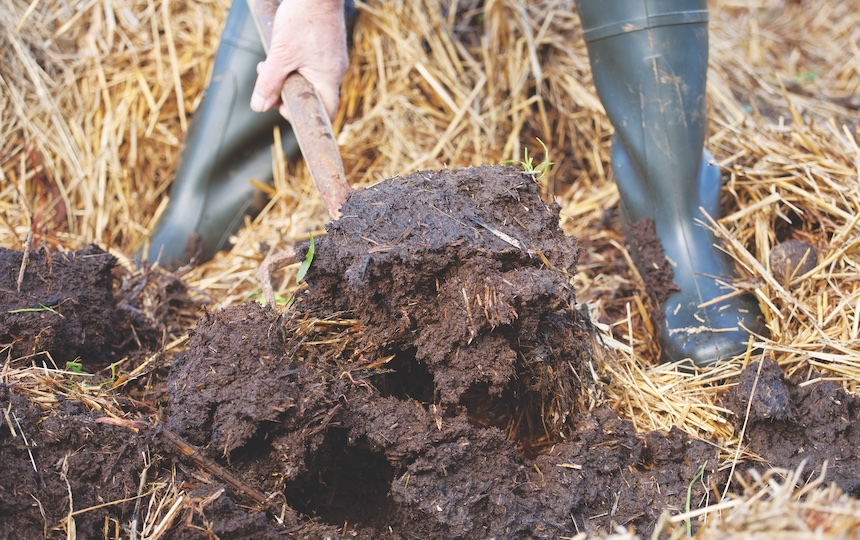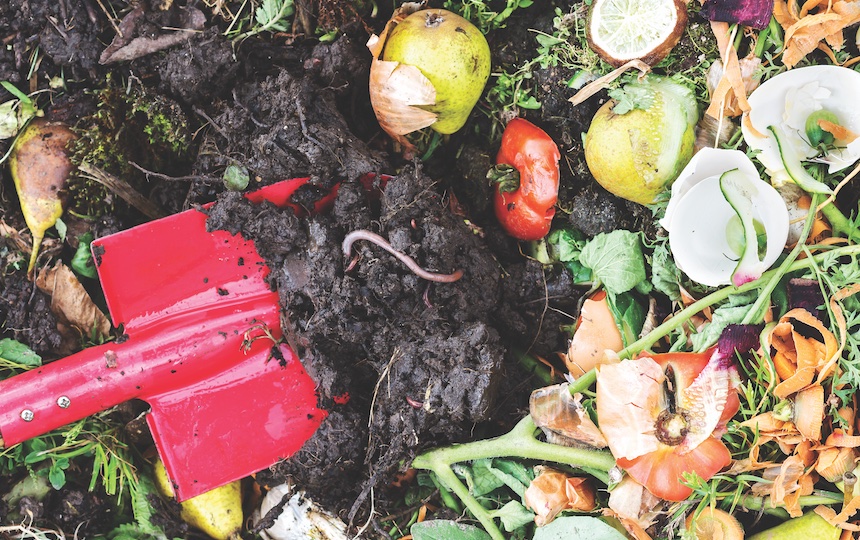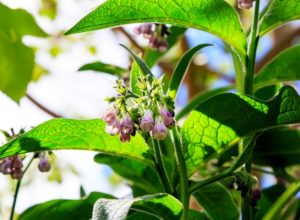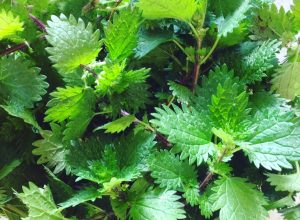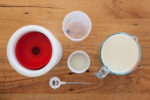Healthy soil is the foundation every garden needs. These six superfoods will help improve your soil health.
Healthy soil is the foundation every garden needs. You might always be thinking about what to provide your plants so they grow and produce abundantly, but have you considered that you need to feed your soil as well?
Fertilisers and manures are great for soil fertility, and compost is king for building organic matter in your garden beds, but what about seaweed, worm castings, trace mineral rock dust, soil probiotics and more?
Here we outline six “superfoods” which will improve your soil health.
Worm castings & leachate
Worm castings and leachate (aka worm wee) are a favourite with gardeners for good reason. A worm farm provides you with microbially-rich products. Castings can be added to pots or seedlings and provide nutrients and beneficial microbes, while worm wee is full of beneficial bacteria and nutrients and can be diluted and sprayed directly onto plants, or applied to the soil.
As for all liquid added to the garden, make sure you wash any produce thoroughly before consuming it to remove any pathogens or bacteria that might be transferred.
Seaweed
Seaweed contains many nutrients including iodine and calcium, and is beneficial for both above ground and root growth.
Liquid seaweed can be used as a foliar application or straight to the root zone of your plants and is best used once plants are in the ground. It is not strictly a fertiliser, but rather a health tonic to promote strong and resilient growth.
Fresh seaweed collected from the beach (where this is allowed, always check your local guidelines) should be rinsed well to remove salty water and sand and can be added to compost or to garden beds as a mulch or part of no-dig garden layers.
Fish emulsions
Fish-based pellets and emulsions are high in nitrogen and phosphorus and are fast-acting, so are perfect for plants that need a quick pick-me-up.
Great for overall plant health and growth, and for introducing microorganisms to the soil, they are best used once you have plants growing rather than before you plant out.
Biofertilisers
Liquid plant probiotics are a mix of beneficial bacteria, microorganisms, amino acids and vitamins created in an anaerobic brewing process. It enhances the soil microbiology and benefit the growth and health of plants, including their pest and disease resiliency and ability to cope with extreme weather conditions.
Soil probiotics can be applied prior to planting out to inoculate the soil and while plants are actively growing.
Black soldier fly
If you’ve ever noticed fat, wriggling maggots in your compost bin, there’s a good chance these were black soldier fly larvae, which can break down organic matter even faster than worms can.
There is a commercially available slow-release black soldier fly “frass” fertiliser high in trace elements, beneficial microbes and a compound called chitin that enhances plant health and resilience against pests and disease.
Liquid fertilisers
Plants can absorb many nutrients through their leaves (like we can via our skin) and regular applications of diluted seaweed and fish emulsions, organic liquid foliar pre-mixes, worm or compost tea are a great way to provide extra support to your plants in combination with soil-based applications of either liquid or solid fertilisers.
Using both liquid and solid fertiliser means you can top up anything your plants may be lacking throughout the season and see quick results in growth, while still focusing on building soil organic matter with lots of compost and manure.
Want to know more about improving your soil health?
Check out our article from Issue #29 of Pip Magazine where we show you how to get your soil ready for spring seedlings and summer harvests. In the article we also explore:
- The benefits of using compost versus fertiliser;
- Why you should choose natural fertilisers over synthetic fertilisers;
- The upsides to the no-dig method;
- Show you how to remineralise your soil;
- And also provide a quick reference guide to using animal manures.
You can access this article online here as part of our digital subscription offering, or subscribe to the print version of Pip Magazine here.

